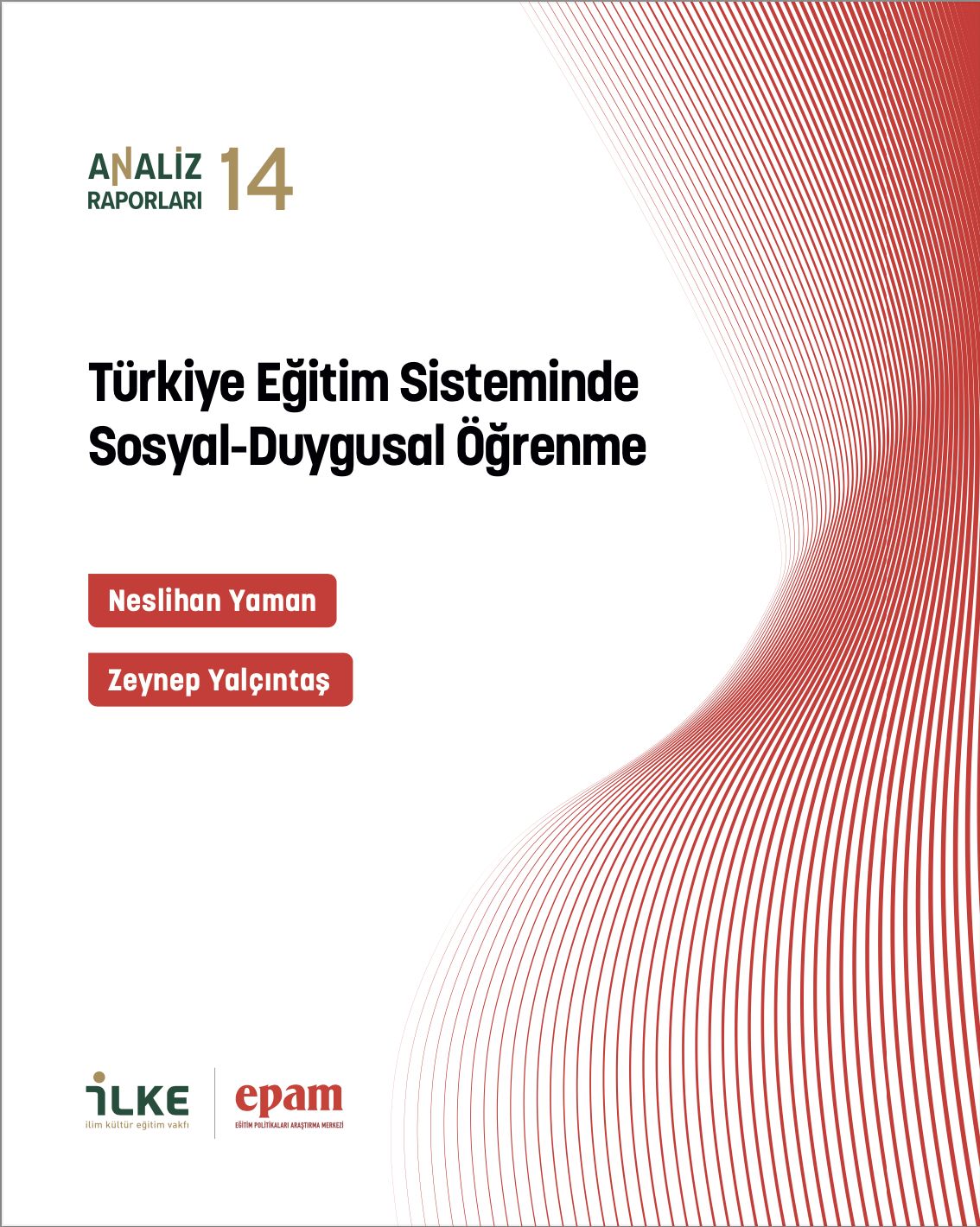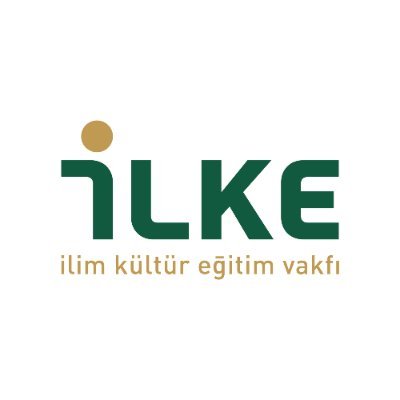Redesigning Education: 21st-Century Skills Report
Redesigning Education: 21st-Century Skills Report presents a comprehensive look at the integration of 21st-century skills into education systems. This comprehensive report provides a deep dive into 21st-century skills and their critical role in shaping inclusive, responsive, and future-ready education systems. The report offers: – A conceptual overview of 21st-century skills, including frameworks from global literature (e.g., OECD, UNICEF, UNESCO) – An analysis of why these skills—such as critical thinking, creativity, collaboration, digital literacy, and social-emotional learning—are essential for both individual and societal well-being – A discussion on how skills-based education can support equity, resilience, and ethical development in learners In addition to the global perspective, the report includes a focused analysis of the Century of Türkiye Education Model (Türkiye Yüzyılı Maarif Modeli), recently introduced by the Ministry of National Education. It explores how this model aims to integrate 21st-century skills with national values, emphasizing the development of well-rounded individuals who can contribute to all dimensions of social life. Designed as a resource for policymakers, educators, and researchers, this report provides both theoretical insight and actionable recommendations for embedding 21st-century skills into education systems. Redesigning Education: 21st-Century Skills Report presents a comprehensive look at the integration of 21st-century skills into education systems. This comprehensive report provides a deep dive into 21st-century skills and their critical role in shaping inclusive, responsive, and future-ready education systems. The report offers: – A conceptual overview of 21st-century skills, including frameworks from global literature (e.g., OECD, UNICEF, UNESCO) – An analysis of why these skills—such as critical thinking, creativity, collaboration, digital literacy, and social-emotional learning—are essential for both individual and societal well-being – A discussion on how skills-based education can support equity, resilience, and ethical development in learners In addition to the global perspective, the report includes a focused analysis of the Century of Türkiye Education Model (Türkiye Yüzyılı Maarif Modeli), recently introduced by the Ministry of National Education. It explores how this model aims to integrate 21st-century skills with national values, emphasizing the development of well-rounded individuals who can contribute to all dimensions of social life. Designed as a resource for policymakers, educators, and researchers, this report provides both theoretical insight and actionable recommendations for embedding 21st-century skills into education systems.










